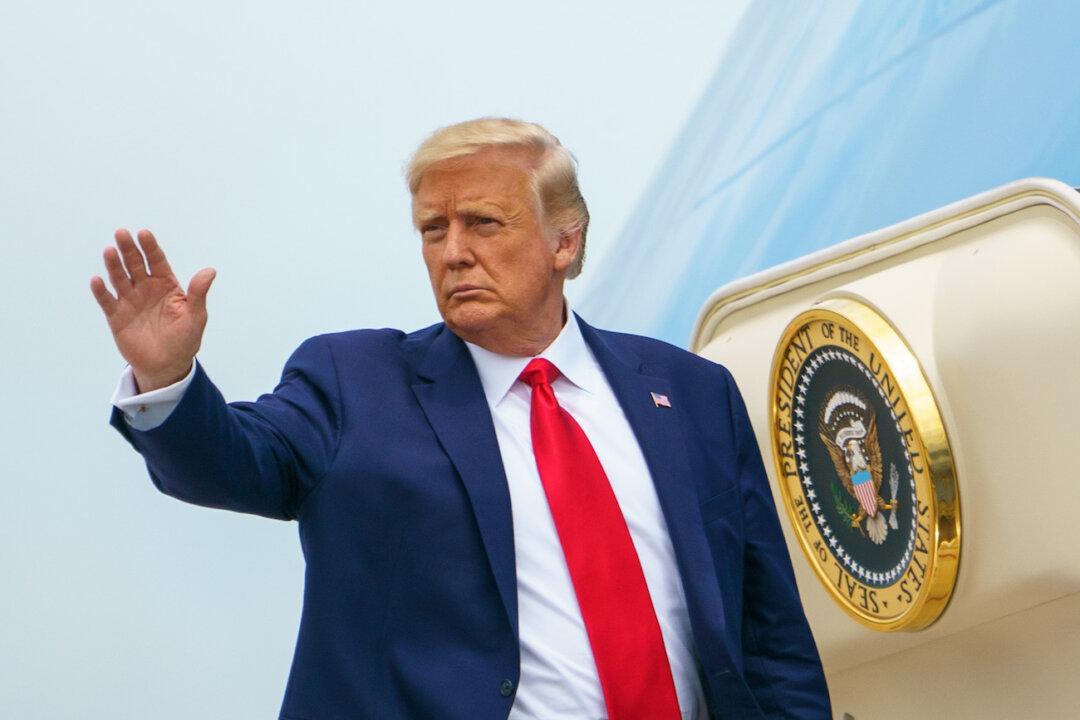Commentary
Benedict Arnold is still a household name almost 250 years after he famously defected from the Continental Army to the British side. There are not that many people in history who have achieved that level of fame.

Benedict Arnold is still a household name almost 250 years after he famously defected from the Continental Army to the British side. There are not that many people in history who have achieved that level of fame.